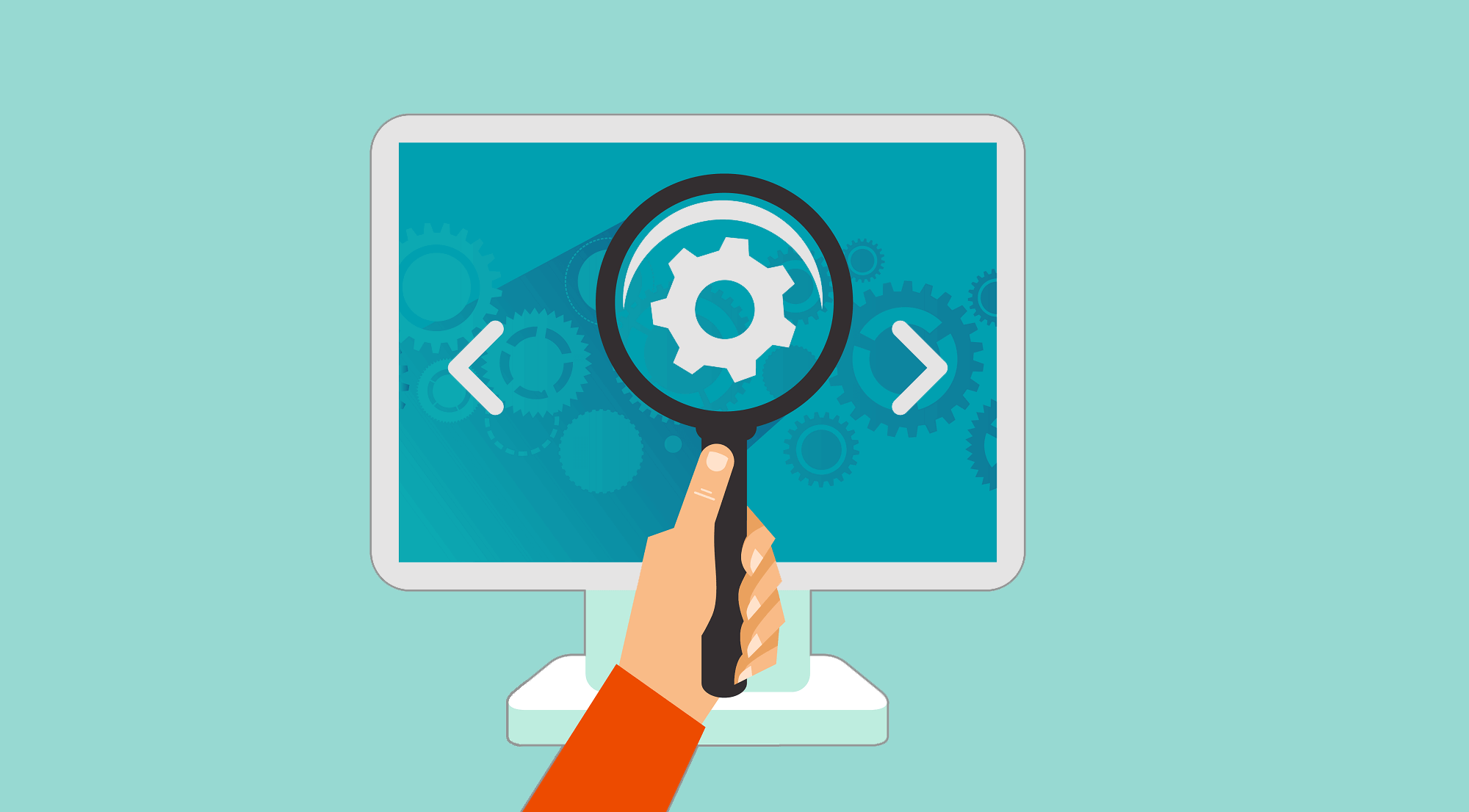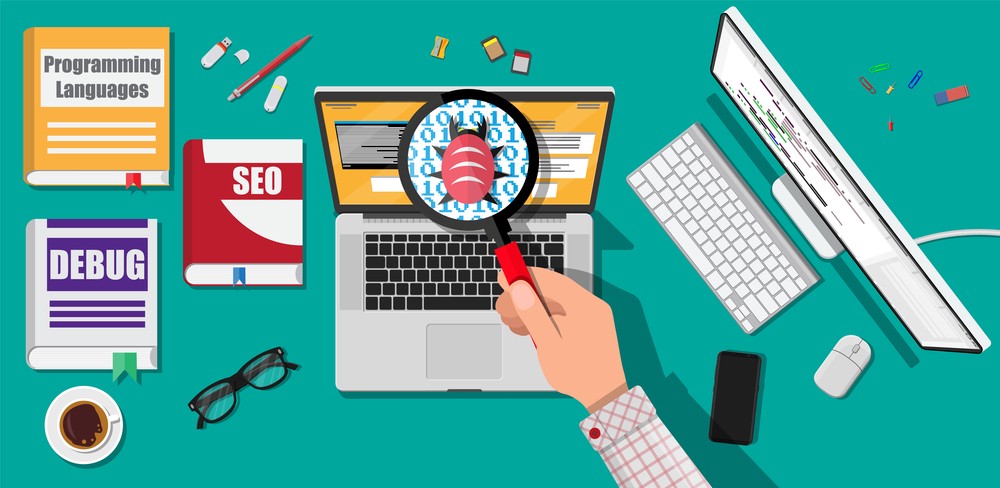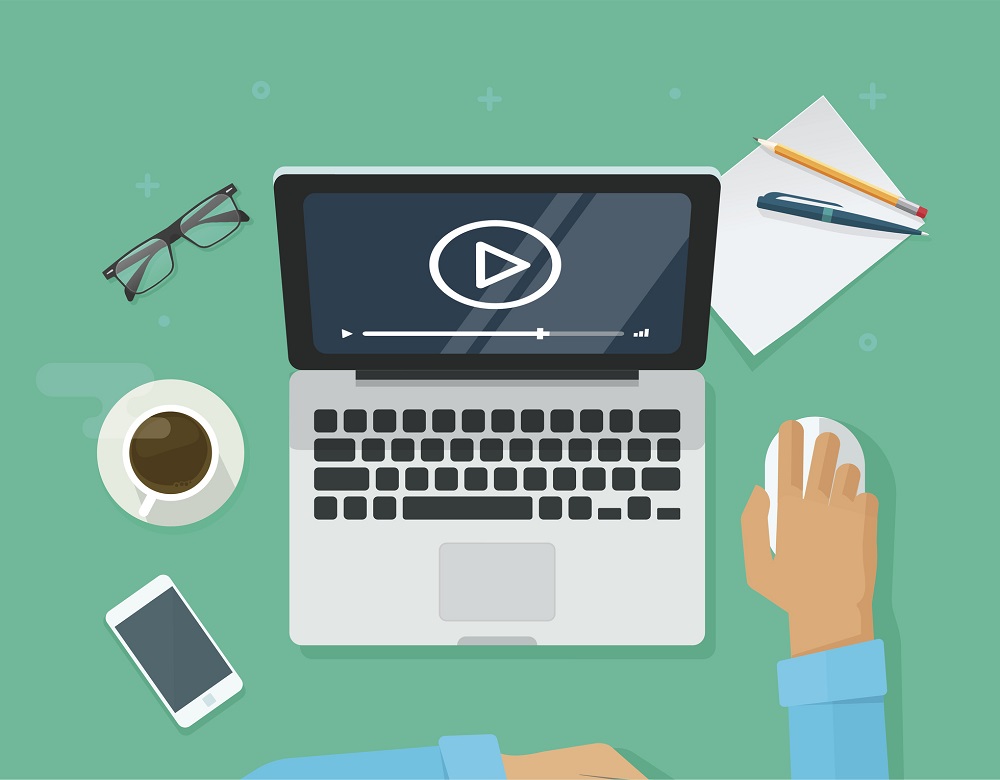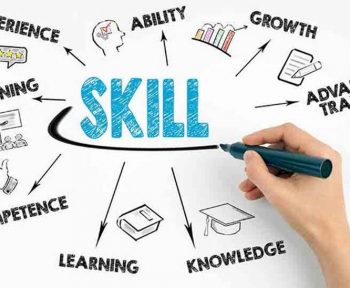Our skills, in general, are very important in any resume format and we must always include what we consider essential to complete our profile. However, there are some curriculum vitae formats, such as the European curriculum vitae, which are more suitable than others for inserting skills more broadly.
We are talking about the Europass curriculum vitae format, in which different sections concerning skills and abilities must be completed. This resume format is the most complete and comprehensive in terms of skills. In fact, there are several sections of skills to be included, for example, communication skills, IT skills and organizational skills and competences.
In each of these sections, it is advisable to outline, in a very concise but in any case what our skills are in the required sector.
In the specific case of the European format CV, this section must have a discursive format, but if you wish to insert your digital skills in a CV with another type of format, we have some tips for you too!
In this post, we talk about how to insert digital skills in the CV to make a good impression and we give you many useful tips on how to set up and the section digital skills in the CV, both in classic and Europass format.
Even if you do not consider the European curriculum vitae, but another type of curriculum, insert your comp digital etenze will be very important if you are looking for a digital job. So, take a seat at your desk and start thinking about how to fill in your curriculum vitae in each section to achieve the success you so desire!

Digital skills: which ones to include?
The CV is the most important document ever when we talk about looking for work. For what reason? The answer is very simple, the CV is the first contact we make with the company we are applying for, for this reason, must have the ability to represent us at our best and must be a faithful representation our profile, to allow us to be framed in a short time by those who read it.
In summary: the CV must be short and concise , but also represent our profile as candidates and contain all the information on our professional and educational career.
Does this seem like a mission impossible? It is not! By following our advice on how to make a curriculum vitae you will surely succeed! But now let’s go back to the topic of this article: digital skills : which ones to include?
What are digital skills
Digital skills on the Europass CV
The digital skills, according to the indications provided by the European framework of competences for the Europass curriculum (divided into basic user, autonomous user and expert user) are the following:
-
- Information processing
- Content creation
- Communication
- Troubleshooting
- Security
Let’s look at them one by one now.
Information processing
A basic user must be able to search for information online, making use of a search engine, knowing that not all information is reliable. It also needs to be able to save content such as text, images and videos.
A self-employed user can use different search engines by applying filters. You must also be able to verify the reliability of the information and classify it methodically using files and folders.
An advanced user can use advanced search strategies and is able to use web feeds, such as RSS to stay up to date on interesting content.
Content creation
-
-
- A basic user must produce simple digital content, such as tables, texts, images. He knows how to apply and modify the simplest functions of the software used and is aware that the content may be covered by copyright.
- An independent user can produce complex digital content in different formats and is also in able to use tools and editors for creating web pages or blogs, such as WordPress. He also knows the basics of programming language.
- An advanced user can produce multimedia content using a variety of platforms and tools. Can use different programming languages and can create and modify databases.
-
Communication
-
-
- A basic user must be able to communicate via smartphone, Skype, e-mail and instant messaging services. You can share content using some tools and are aware that some communication rules apply.
- A self-employed user can use the advanced features of various communication tools. You must be able to use some online tools, for example, e-banking or online shopping. You know and practice the rules of online communication, the so-called “netiquette.”
- An advanced user can use a wide range of communication tools. You must be able to create and manage content through tools such as electronic calendars and online spreadsheets. You must be able to use the advanced functions of communication tools, such as video conferencing and data and application sharing.
-

Troubleshooting
-
-
- A basic user must be able to find support and assistance on his own when faced with a technical problem or misunderstandings about using a new device or program. He knows how to solve basic routine problems such as updating programs or reinstalling them.
- An independent user can use digital technologies to solve some problems, knowing how to choose the digital tool that best suits his needs.
- An advanced user can solve all or most digital problems. Knows how to choose the right tool/device/application and understands how new work tools work.
-
Security
-
- A basic user must take precautions to protect your devices. For example, using antivirus and passwords properly. She knows that her credentials could be stolen and she knows how to take necessary precautions.
- A self-employed user can change their digital identity. You have installed antivirus programs and can identify unsafe or scam websites.
- An advanced user can frequently check the configuration and security systems of devices. She knows how to encrypt emails and knows how to make reasonable use of digital technology to avoid harm to her health.




